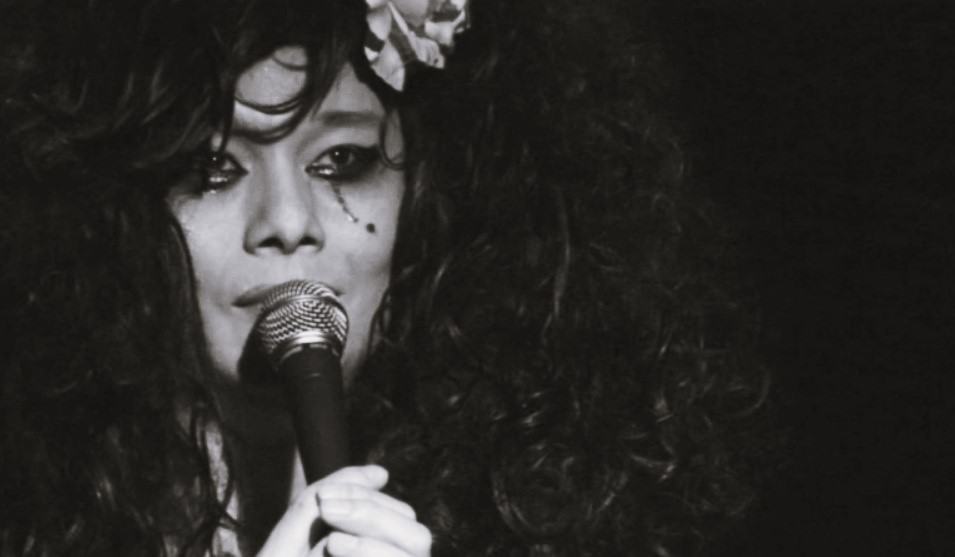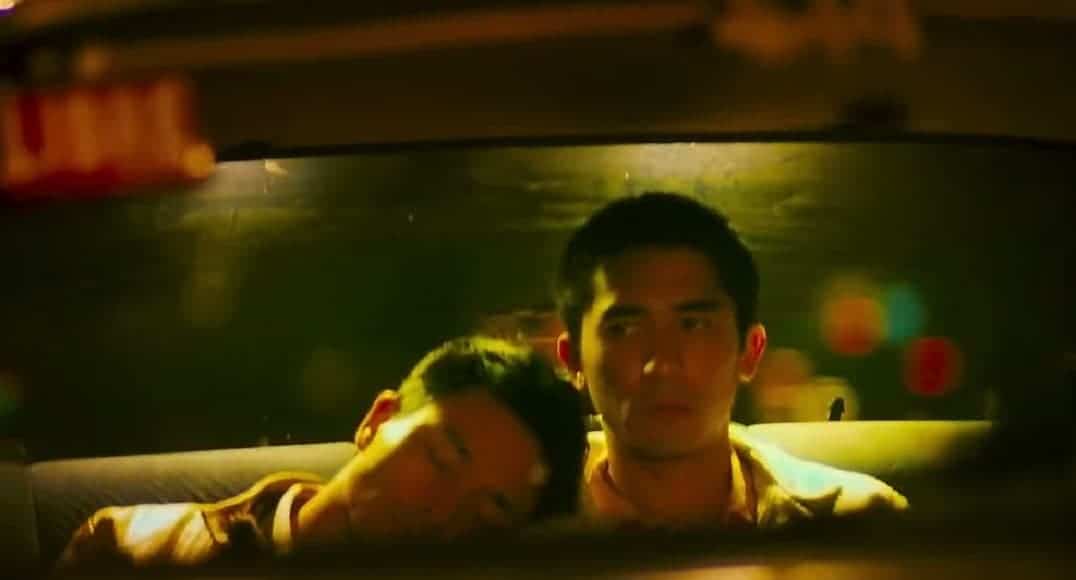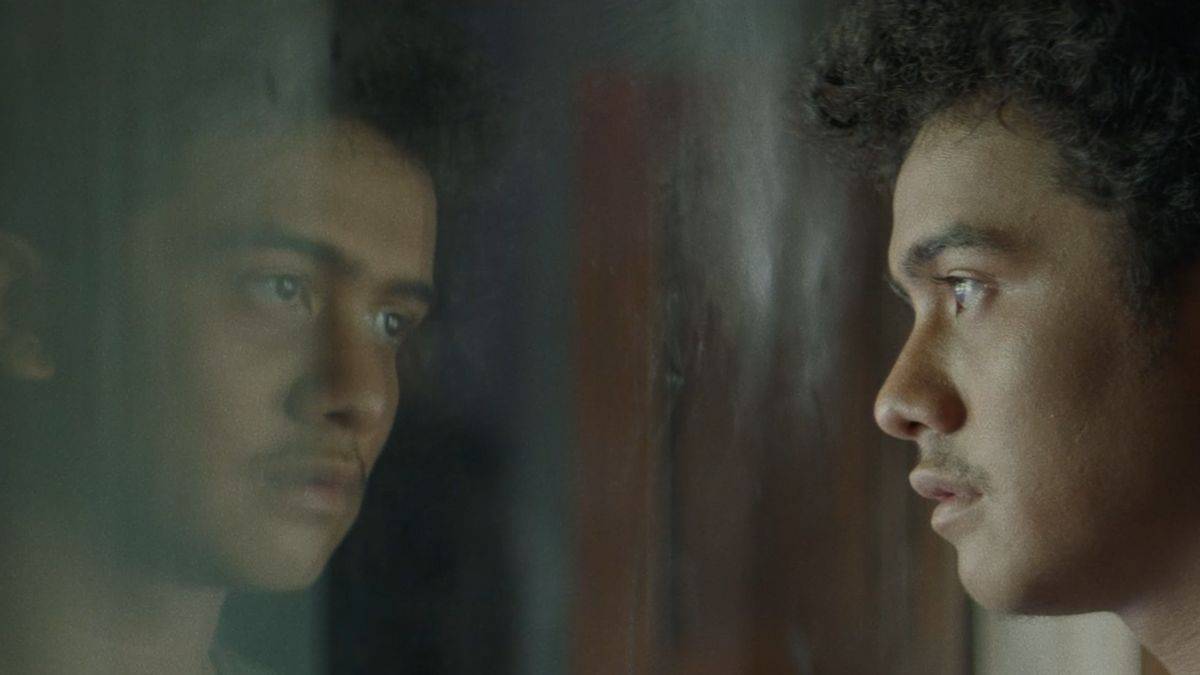When it comes to China, the discourse surrounding queer identities – like many other issues – can be placed in a gray area, on the fragile border with taboo. However, cinema is perhaps the most powerful visual medium for better understanding certain dynamics that are too often subject to useless labels and dichotomous discussions. For this reason, I have selected 12 works – including narrative feature films and documentaries – that explore and reflect on intimate queer representation. The list is presented in chronological order and includes titles from Mainland China, Hong Kong, and Taiwan
1. Intimate Confessions of a Chinese Courtesan (1972) Chor Yuan
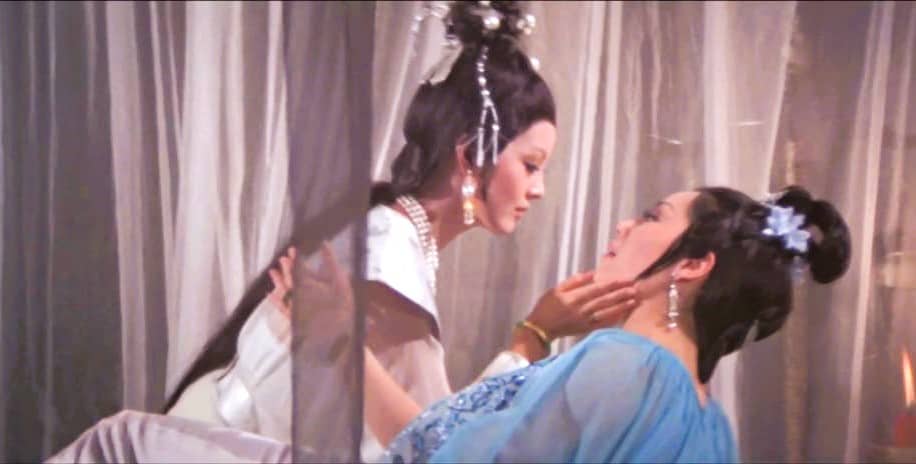
“Intimate Confessions of a Chinese Courtesan” is a 1972 Hong Kong wuxia film directed by Chor Yuen, known for its blend of elements from martial arts and erotica. The protagonist, Ai Nu (Lily Ho), is sold to a brothel at the young age of 18. She quickly becomes the favorite of the brothel's owner, Lady Chun (Betti Pei Ti). The two develop a relationship characterized by sensuality and revenge towards men. The significance of this film lies in being one of the earliest representations of a lesbian couple in Hong Kong cinema.
2. Farewell, My Concubine (1993) Chen Kaige
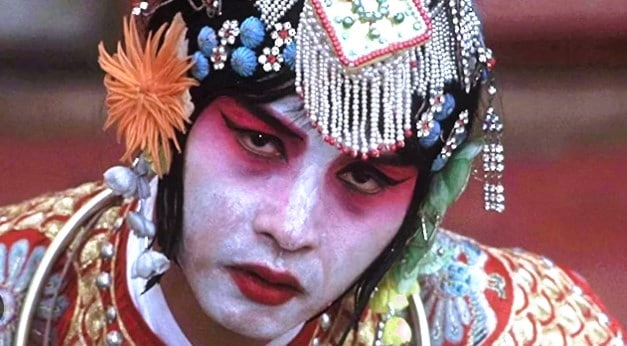
The story begins in the capital in the 1920s when Douzi (Leslie Cheung), the son of a prostitute, is entrusted to the director of the Beijing Opera. Here, he meets Shitou (Zhang Fenyi), with whom he will act for his entire life. Douzi is secretly in love with Shitou and this tumultuous unrequited feeling becomes inseparably intertwined with jealousy, opera, and the contemporary history of China. Leslie Cheung's masterful performance is unforgettable.
3. East Palace, West Palace (1996) Zhang Yuan
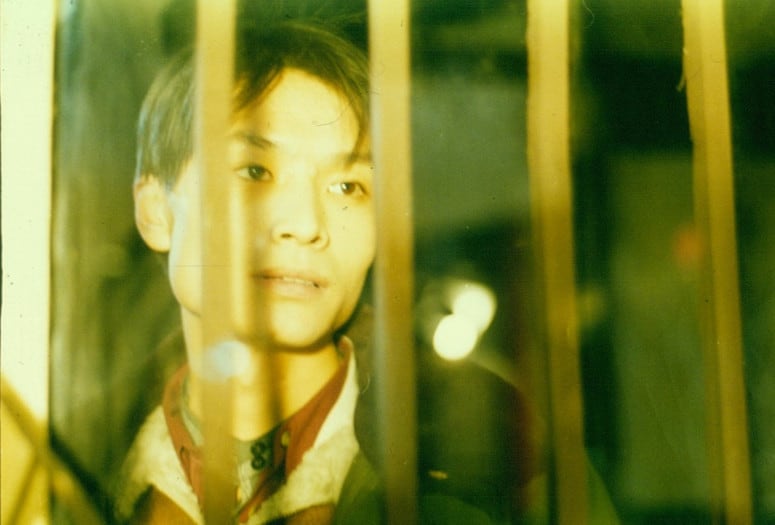
The film revolves around the young gay writer A-Lan (Si Han) who, drawn to a young policeman named Xiao Shi (Hu Jun), orchestrates his own arrest and spends the night being interrogated. Their interaction unfolds into a twisted dynamic of victim and oppressor, authority and repression, encompassing both political and sexual violence. Through this dark and seductive piece, Zhang Yuan skillfully explores the intricacies of power and lust dynamics.
4. Yang ± Yin: Gender in Chinese Cinema (1996) Stanley Kwan
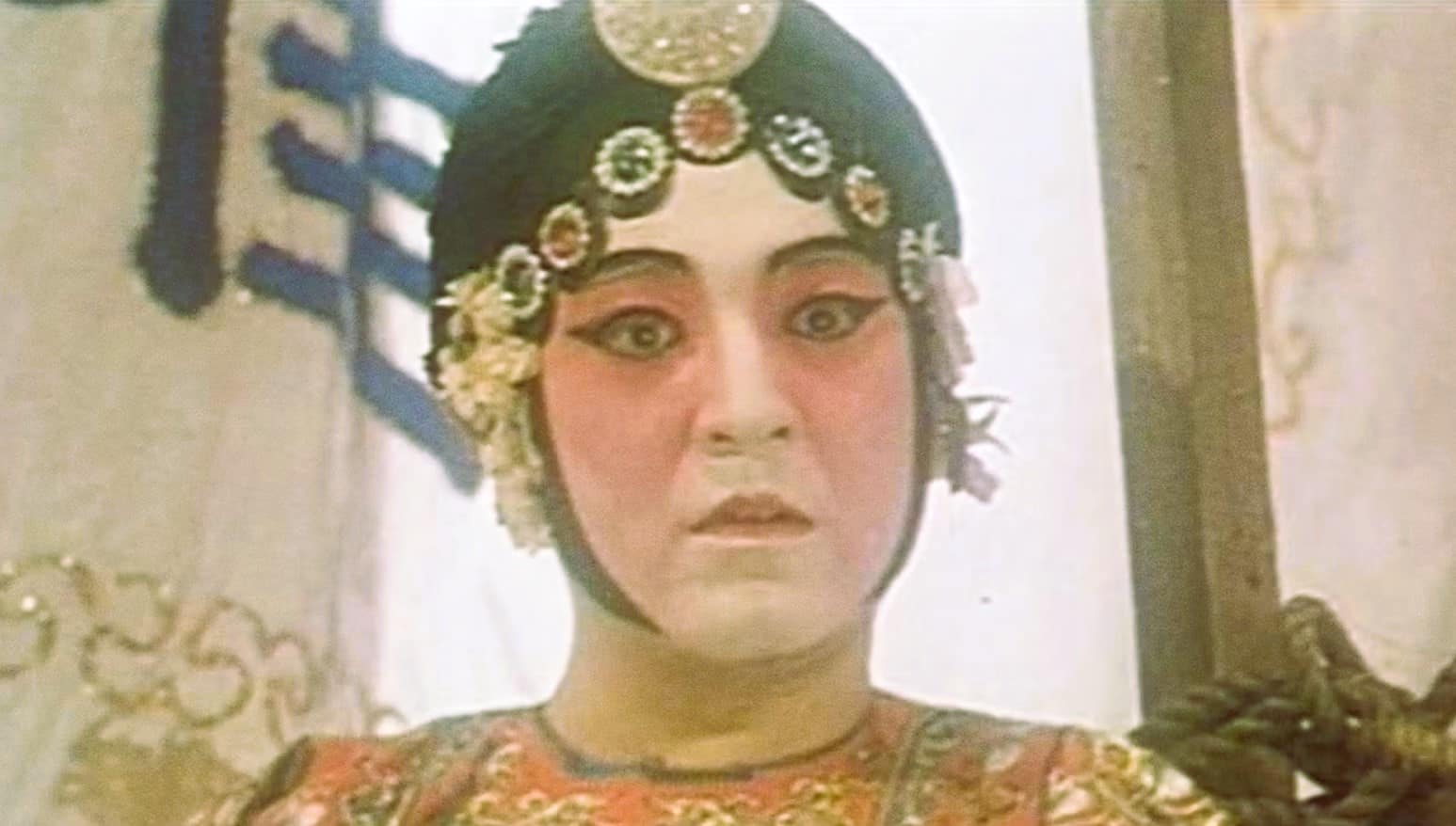
In this documentary-essay, Stanley Kwan reflects on representations of queerness and LGBT identity throughout the history of Chinese film, spanning Mainland China, Taiwan, and Hong Kong. The film comprises archival footage and interviews with notable figures such as Leslie Cheung, Ang Lee, John Woo, and Chen Kaige. The documentary examines topics such as male bonding in kung fu movies, the emphasis on women's grievances in melodramas, and the career of Yam Kim-Fai, a Hong Kong actress who spent her life portraying men both on and off the screen.
5. Happy Together (1997) Wong Kar-Wai
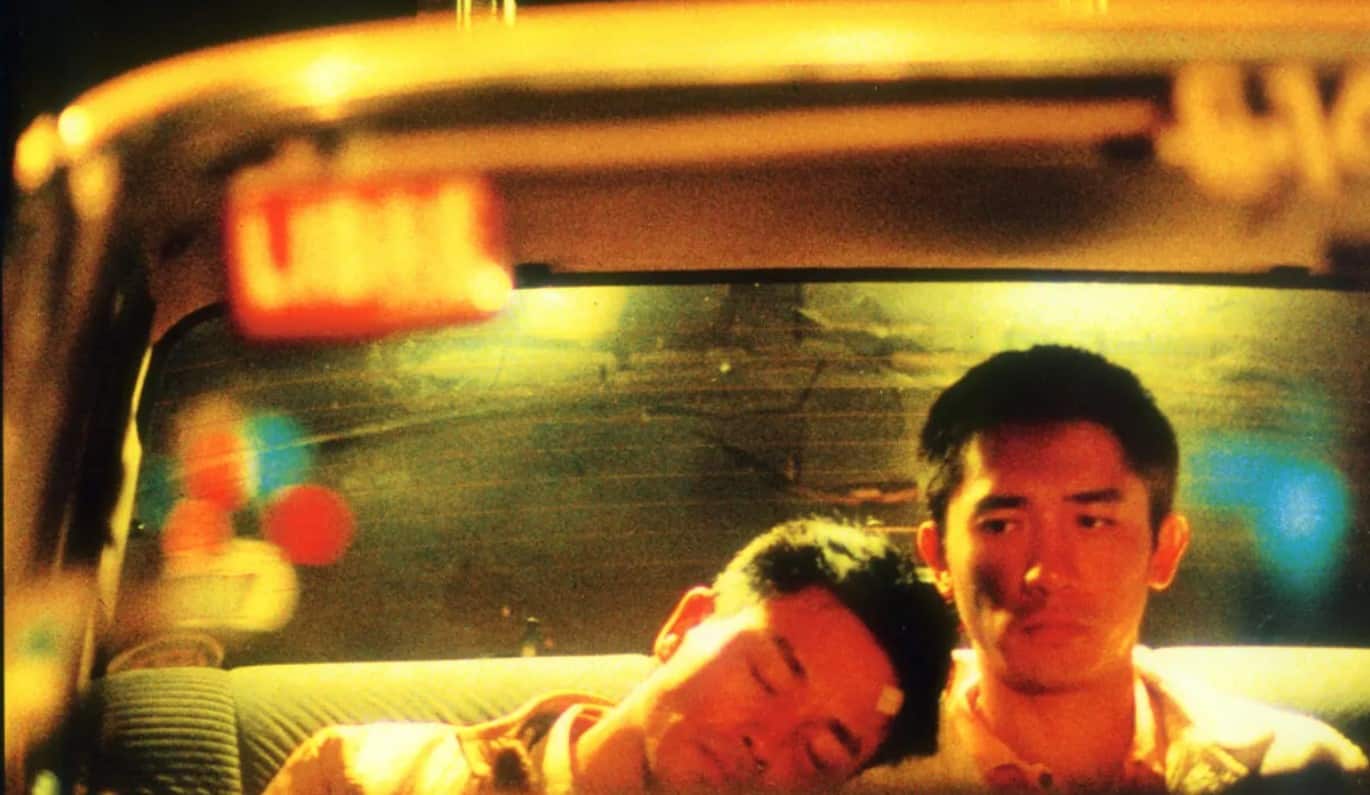
The sixth masterpiece by Wong Kar-Wai is a must-have on this list, and perhaps needs little explanation. The iconic duo of Leslie Cheung and Tony Leung portray a couple who travel to Argentina to save their love, only to realize it's already lost. Wong Kar-Wai's expertise is evident as he crafts a mesmerizing atmosphere that transcends the storyline itself, elevating it into a melancholic love story between two men with unparalleled visual finesse.
6. Fish And Elephant (2001) Li Yu
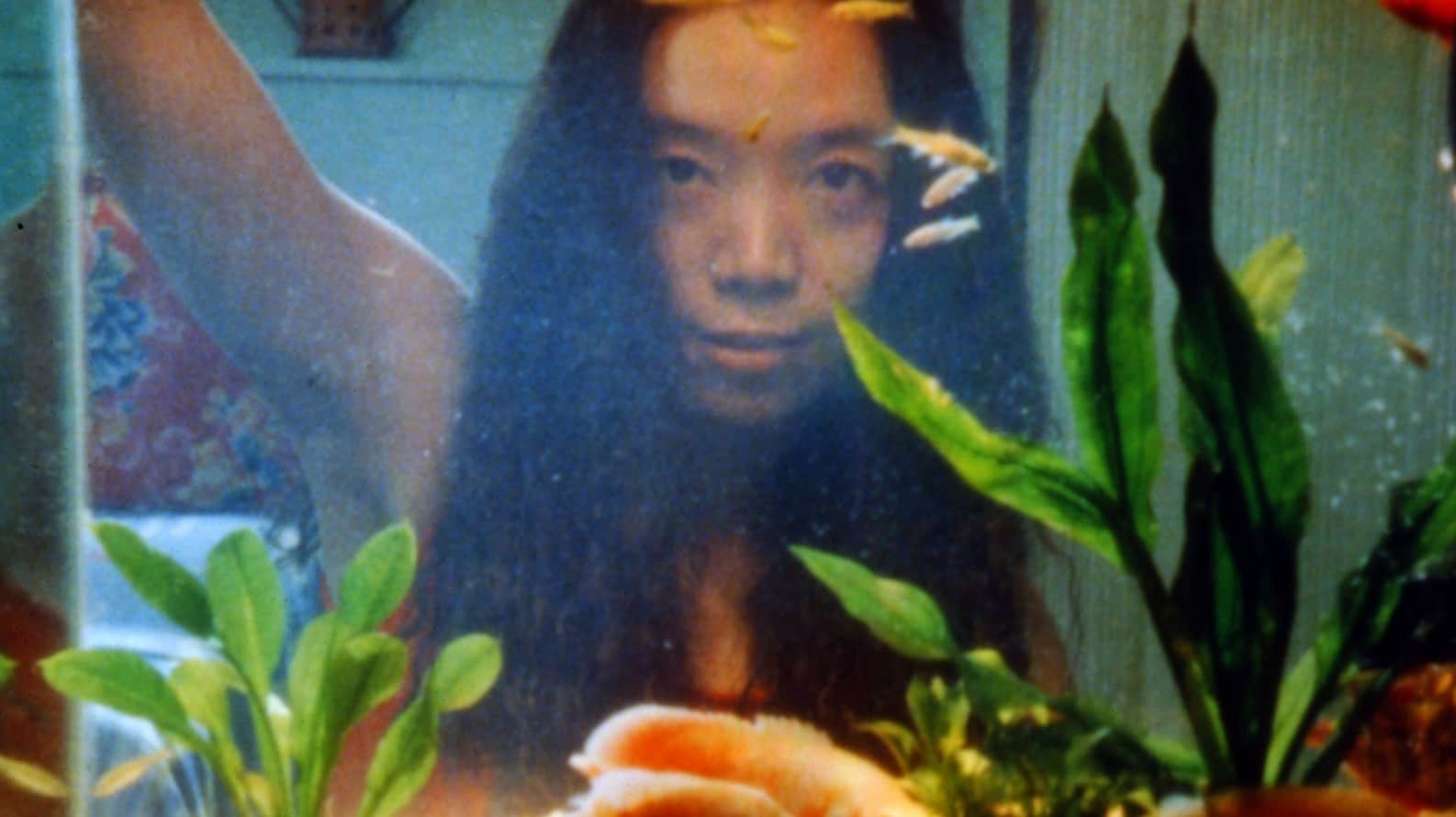
“Fish and Elephant” marks the directorial debut of Li Yu, one of the most prominent female figures within the Chinese independent documentary movement. The film revolves around a woman who works as an elephant keeper at the Beijing Zoo and her lover. Despite being an underground production with limited resources and non-professional actors, this film is considered the first from Mainland China to address homosexual love between two women and their struggles.
7. Lan Yu (2001) Stanley Kwan
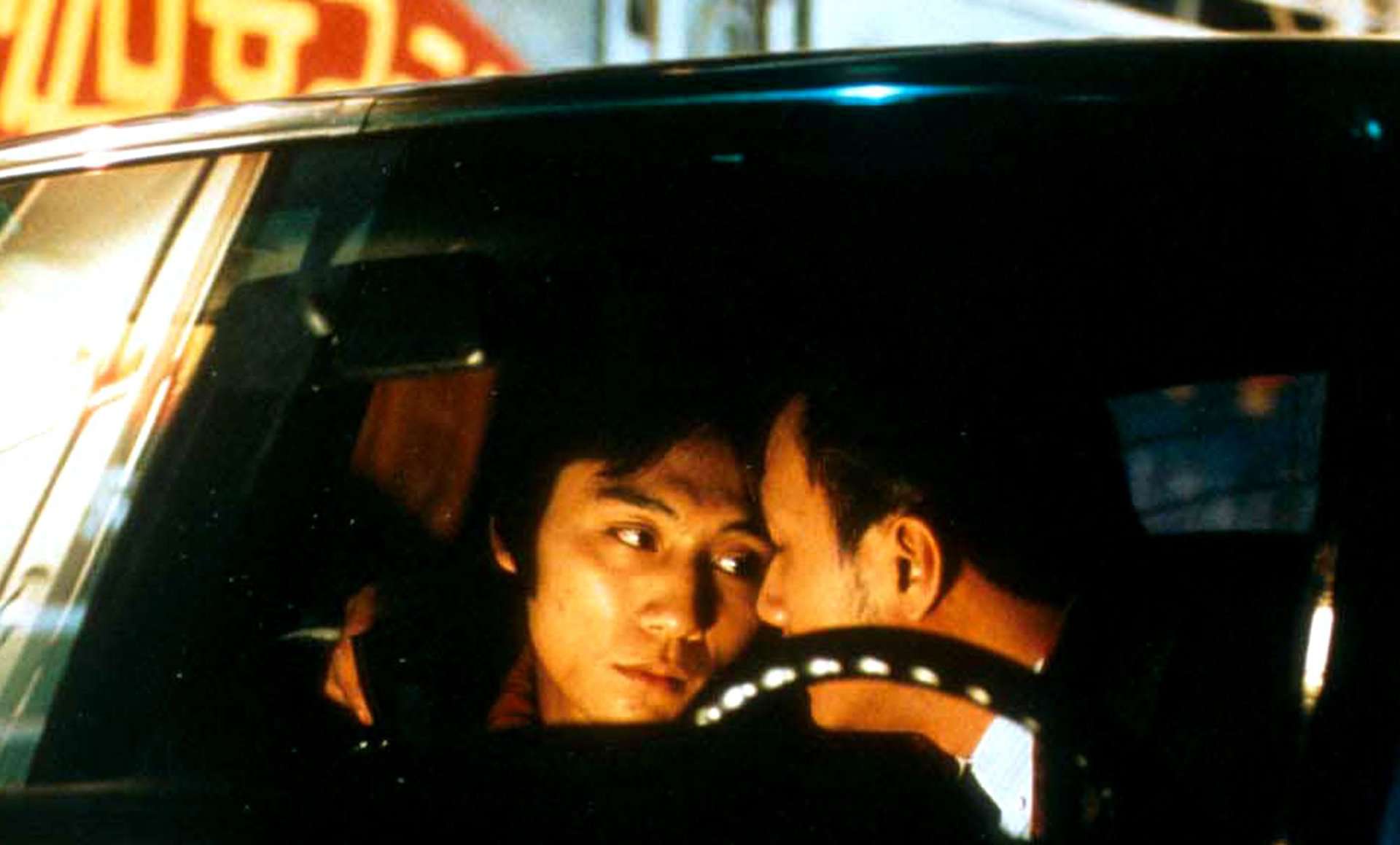
Based on the novel “Beijing Story,” the film depicts the ups and downs of a relationship between a businessman and a student in 1980s Beijing. Set against the backdrop of the events of 1989, which are only hinted at, Kwan explores the challenges and conflicts that the two protagonists face due to their differences in age, social class, and sexual orientation. The result is an intense and engaging portrayal of love in complex times.


